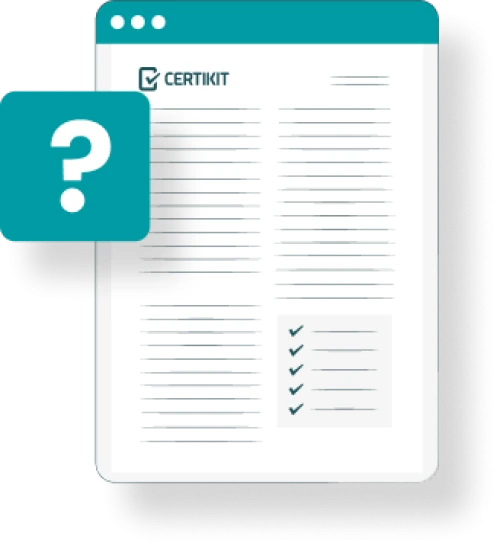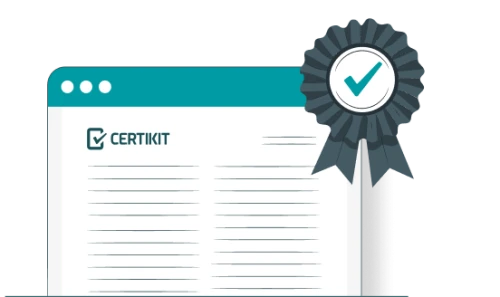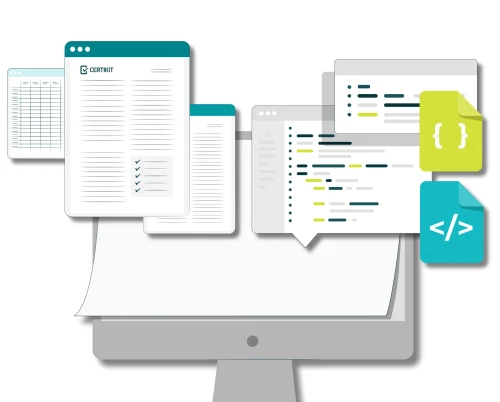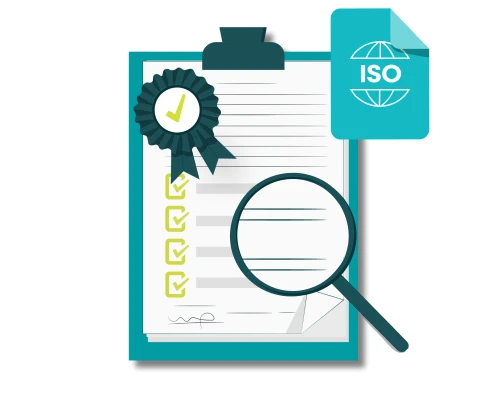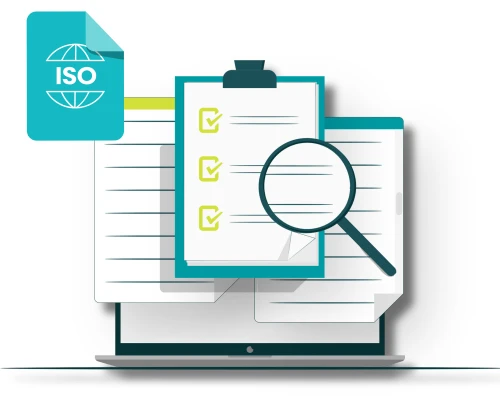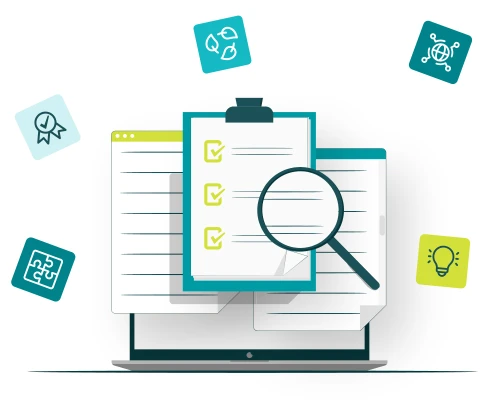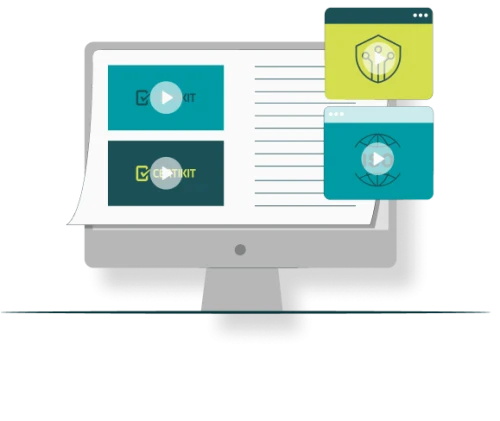ISO22301 is the internationally recognised standard for business continuity management, providing a structured framework to identify potential disruptions, minimise risks, and ensure operational resilience.
Filled with pre-written templates, guidance documents, and practical tools, the toolkit simplifies compliance and accelerates your certification journey. With unlimited email support from our expert team and a perpetual licence, you’ll have reliable assistance every step of the way.

